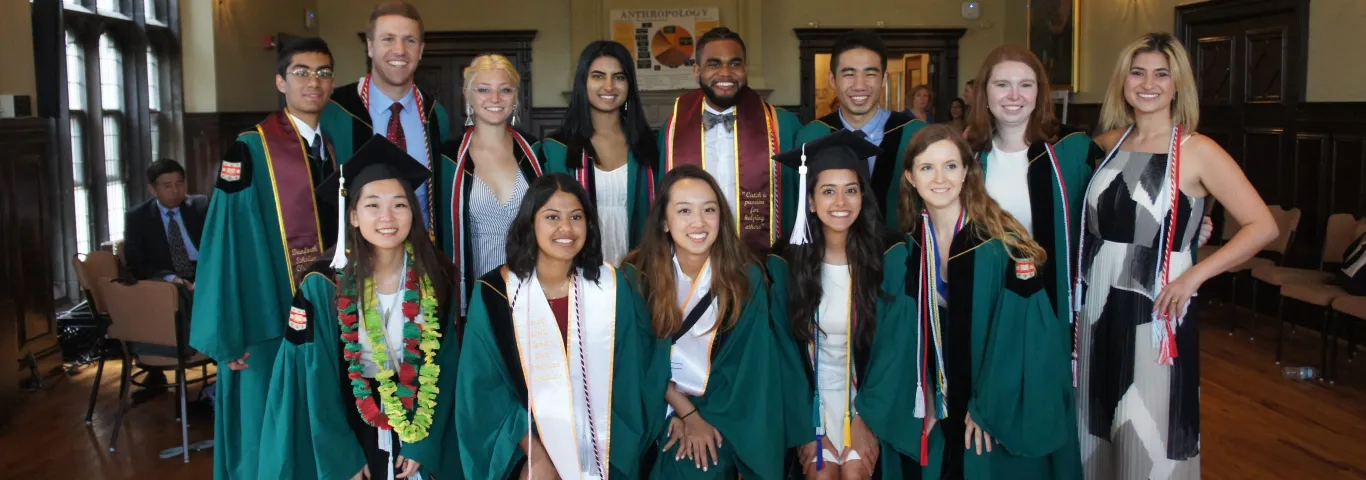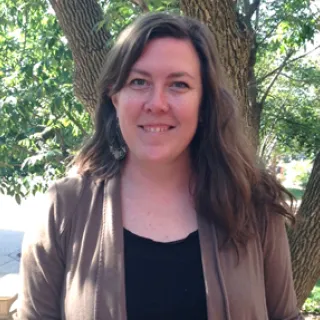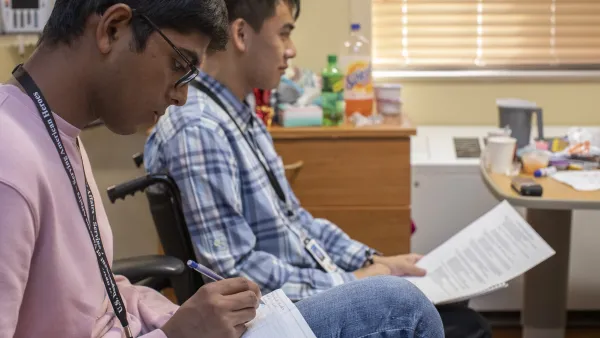The Medicine & Society Program was created to address the needs of students who have an interest in both medicine and the greater good of society. Incoming freshmen are selected each summer to join the four-year program which consists of a yearlong seminar in medical anthropology, a community-based health internship or service learning activity, several courses in medical anthropology, and a senior thesis or capstone project.
The Medicine & Society Program has its intellectual and programmatic roots in the field of medical anthropology, which is broadly defined as the study of human health and illness across culture, time, and location. Medical anthropologists examine the role of culture and society in shaping experiences with illness. The discipline seeks an understanding of such wide-ranging issues as responses to health threats, alternative medicine in modern society, the human genome project, the ethics of genetic testing, social and behavioral factors affecting infectious diseases, and the causes of health disparities in the developing world. Individual health is seen within a broader framework of social networks and the larger public and private efforts to prevent disease and promote health, both domestically and internationally.
For students interested in exploring relationships among culture, behavior, and health, the Medicine & Society Program offers a pathway from the perspective of the social sciences. Addressing the important social and cultural foundations of health and illness in human societies, this program also emphasizes service and research at health-related sites throughout St. Louis. The success of the Medicine & Society program is derived from the ability of the student scholars to engage with each other and the St. Louis community. Students maximize the impact of the program through fulfilling the three pillars of the program, service, mentorship and research. A recent survey completed by Medicine & Society scholar Alex Tward (BA '22) found that between 2018 and 2022, Medicine & Society members have conducted over 20,000 hours of research, 8,500 hours of service, held over 30 positions of leadership in on-campus groups, and have contributed to over 25 peer-review publications.





